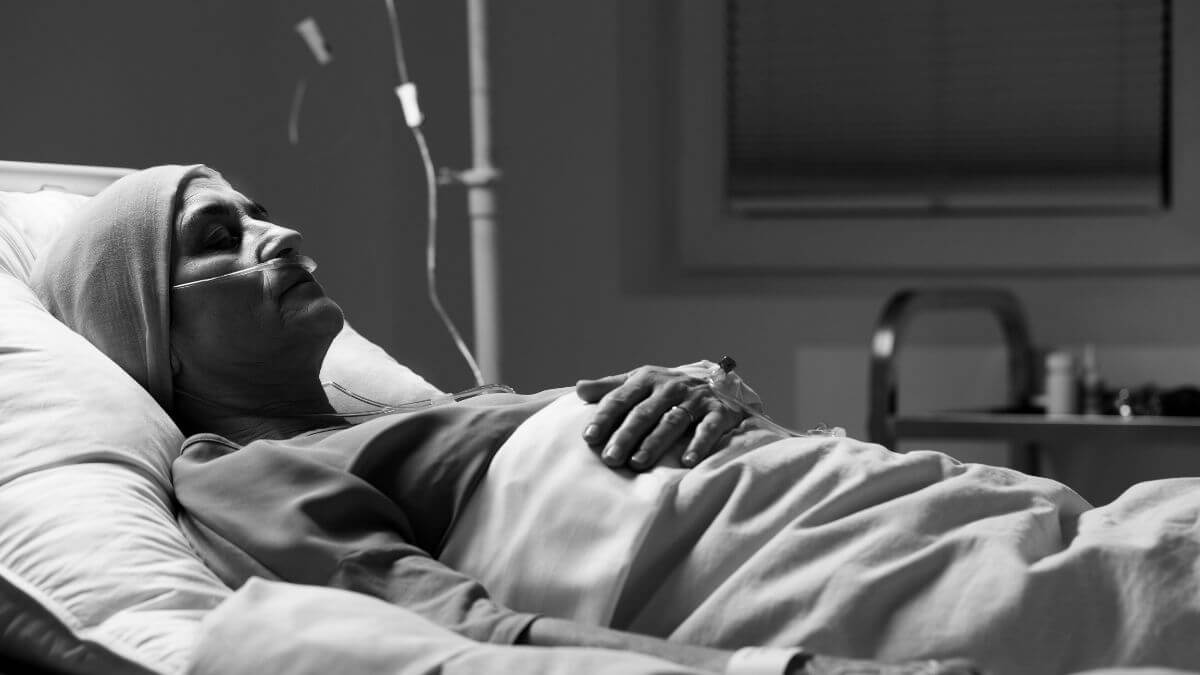Rogue Hospice Wants To Liberalise Euthanasia Laws To Include Non-Terminal Patients
Here is the latest Media Release by Family First NZ…
Rogue Hospice Wants To Liberalise Euthanasia Laws To Include Non-Terminal Patients
Over Easter weekend, the state broadcaster 1News did a 2-part series on calls to expand the criteria for our recent euthanasia laws. While allowing for contrary views in the reports, the general messaging was not about possible abuse of the law, concerns about coercion, depression affecting the decisions of the patient, or patients feeling not a right to die but a ‘duty to die’.
The overall emphasis was on why the law should be liberalised in the upcoming review.
Disturbingly, it included calls from a rogue hospice Totara Hospice in South Auckland – the only hospice in New Zealand to allow euthanasia, which says a lot –calling for the removal of organisations conscientiously objecting to performing euthanasia, allowing doctors to raise the option of euthanasia to the vulnerable patient, and to remove the 6-month eligibility which would then allow for euthanasia for non-terminal patients!
If we want to see just how dangerous euthanasia laws can become, we need only look to Canada. Recent stories indicate that Canadians are now dying by euthanasia for reasons of poverty, homelessness, disability, a lack of access to medical treatment and mental illness.
Health Canada recently released the Fourth Annual Report on Medical Assistance in Dying (2022).
When asked the reasons for requesting euthanasia, the main reasons were
- the loss of ability to engage in meaningful activities (86.3%),
- loss of ability to perform activities of daily living (81.9%), and
- inadequate control of pain, or concern about controlling pain (59.2%).
Sadly, 17.1% died by euthanasia based on loneliness and isolation. Inadequate control of pain or concern about controlling pain were reasons for just under 60% of the requests for euthanasia, and yet the report states that 80.7% of the people who requested euthanasia were “receiving palliative care.”
As we know in NZ, access to the best palliative care we can offer is not always possible. Too many New Zealanders are unable to access acceptable end-of-life care. Our hospices are an essential service. Yet, hospices are simply not able to fundraise enough money to survive. Also some hospitals have no specialist palliative care services at all.
And the demand for this specialist medical care will only increase significantly in the near future. Our population is ageing, and therefore the number of people requiring palliative care is forecast to increase by approximately 25% over the next 15 years and will be more than double that by 2061.
Previous Governments have made little effort to address this growing problem, and to increase funding for this essential service. Euthanasia is instead given priority and full Government funding.
We’ll continue to fight the euthanasia law in New Zealand and ultimately have it repealed – because nothing in the law guarantees the protection required for vulnerable people, including the disabled, elderly, depressed or anxious, and those who feel themselves to be a burden or who are under financial pressure.
We should offer the best world-class palliative care.
It’s time we fully funded that – and not a lethal injection.
We can live without euthanasia.
DOWNLOAD OUR FACT SHEET ON THE LAW Euthanasia-Fact-Sheet.pdf






